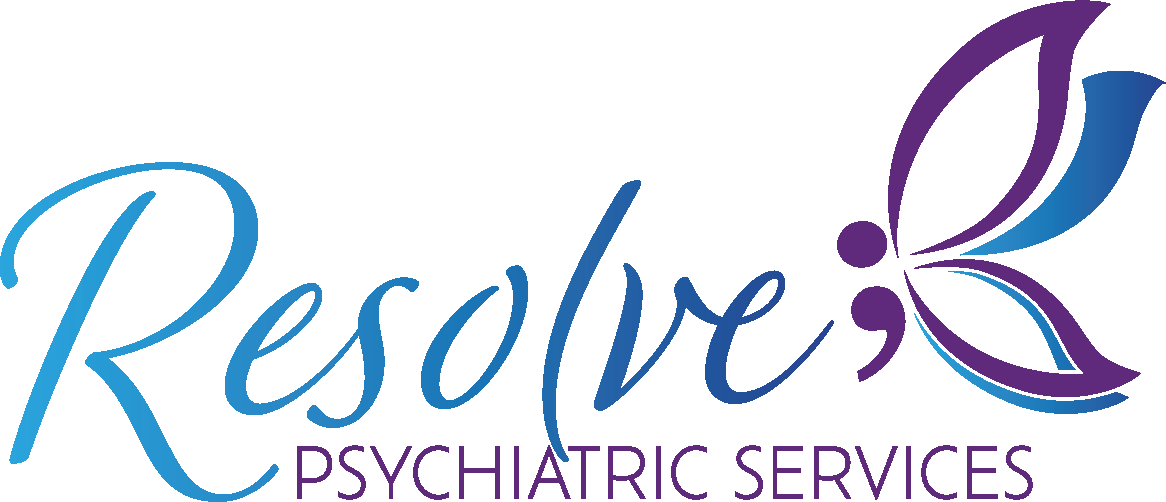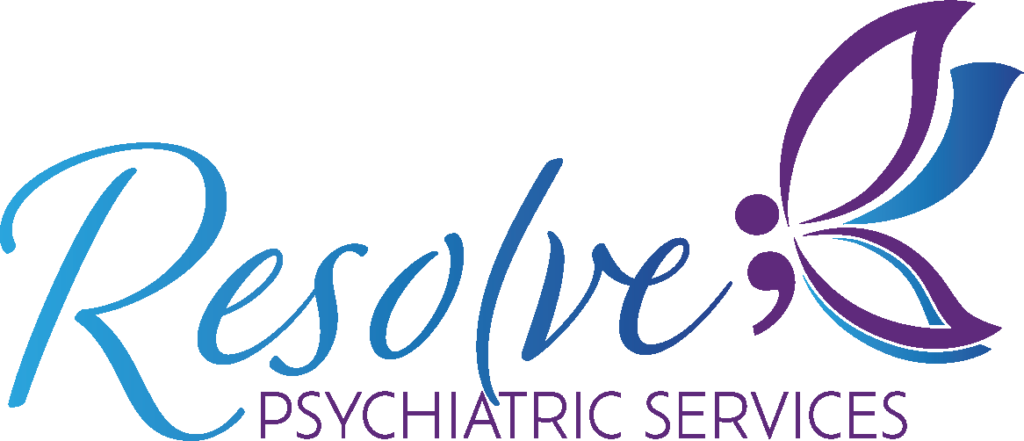
Introduction
ADHD can significantly impact a child’s academic, social, and personal development. As a parent, teacher, or caregiver, it can be challenging to understand the complexities of ADHD. ADHD psychiatrists near me guide how to support a child with the condition best. In this blog post, we will explore the puzzle of ADHD and piece together the complexities of childhood ADHD.
What is ADHD?
ADHD is a neurodevelopmental condition that affects approximately 10% of children worldwide. While the exact causes of ADHD paralysis are still unknown, researchers believe that a combination of genetic and environmental factors may contribute to its development. ADHD is typically diagnosed in childhood, but it can also affect adults.
Symptoms of ADHD
The symptoms of ADHD can vary from person to person. However, they generally fall into three categories: hyperactivity, inattention, and impulsivity. Children with ADHD may have difficulty paying attention, staying focused, completing tasks, and they might get easily distracted and forgetful. Also, other symptoms include fidgeting, restlessness, excessive talking, interrupting others, acting without thinking, and taking risks.
Not all children with ADHD exhibit all these symptoms; some may have a combination of symptoms from all three categories. Additionally, symptoms may change over time and vary in severity depending on the situation.
Diagnosing ADHD
Diagnosing ADHD can be a complex process. It comprehensively evaluates the child’s symptoms, medical history, and behavior patterns. ADHD psychiatrists near me will typically use a standardized rating scale to assess the child’s symptoms and determine if they meet the criteria for a diagnosis of ADHD. Other conditions, such as anxiety and depression, may also need to be ruled out before a diagnosis of ADHD can be made.
Treatment Options for ADHD
If your child is diagnosed with ADHD, several treatment options are available. The most common treatments include medication, behavioral therapy, or a combination of both.
● Medication
Stimulant medications such as Ritalin and Adderall are often prescribed to help manage ADHD symptoms. These medications work by increasing dopamine levels in the brain, which can help improve attention and focus.
● Behavioral Therapy
Behavioral therapy, such as cognitive-behavioral therapy (CBT), can help children with ADHD learn coping strategies to manage their symptoms. CBT can also help children develop better organizational and time-management skills.
● Combination Therapy
A combination of medication and behavioral therapy by an ADHD therapist near me can often be the most effective treatment option for children with ADHD.
Tips for Supporting a Child with ADHD
Suppose you’re a parent or caregiver supporting a child with ADHD. In that case, there are several strategies from ADHD psychiatrists near me you can use to help manage their symptoms and support their overall development.
● Establish Routines and Structure
Children with ADHD thrive on structure and predictability. Establishing daily meals, homework, and bedtime routines can help your child feel more in control and reduce stress and anxiety.
● Break Tasks into Smaller Steps
Large tasks can be overwhelming for children with ADHD. Break down tasks into smaller, more manageable steps, and provide frequent feedback and praise as they complete each step.
● Encourage Physical Activity
Regular exercise can help children with ADHD release excess energy and improve focus and attention. Encourage your child to participate in sports or other activities they enjoy.
Final Thoughts
ADHD is a complex disorder that can significantly impact a child’s academic, social, and personal development. Understanding the symptoms, diagnosis process, and treatment options for ADHD is critical for parents, teachers, and caregivers to effectively support children with the disorder. This can help children with ADHD manage their symptoms and thrive. Remember to prioritize your self-care and seek support from doctors for ADHD near me if needed. With the right support and resources, children with ADHD can reach their full potential and lead fulfilling lives.







